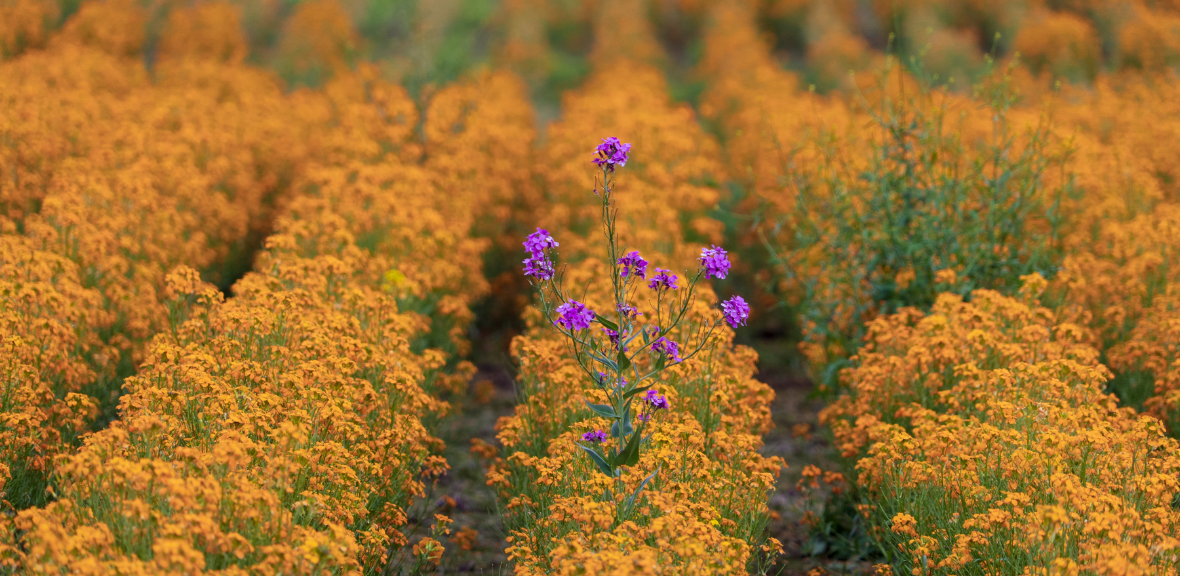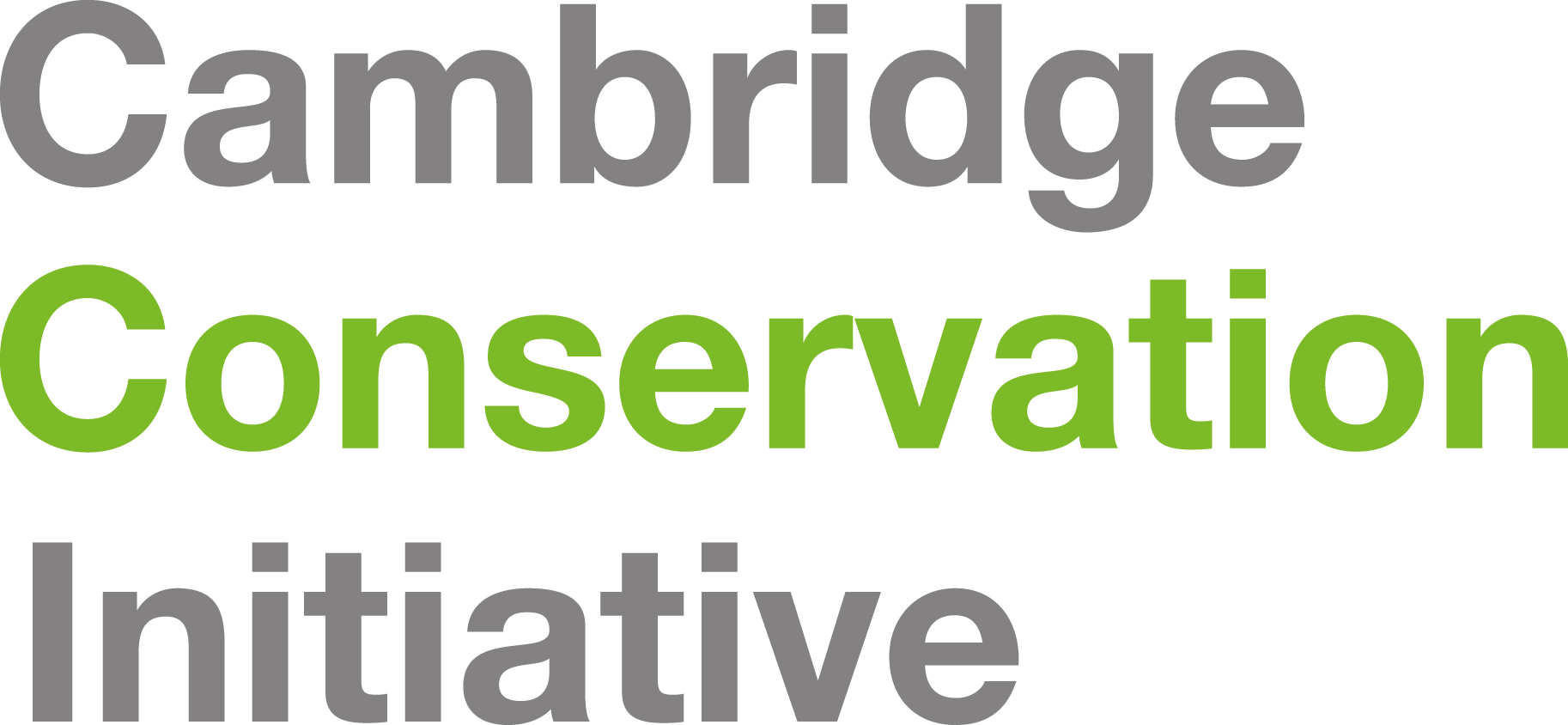
The CRI uniquely delivers impact in the conservation sector in four critical areas:
Cross-disciplinary research excellence:
The University boasts over 20 conservation-related research groups comprising over 150 researchers from diverse disciplines such as geography, plant sciences, zoology, economics, environmental law, politics, architecture, anthropology, management science, engineering, psychology, and public health. Approximately 100 staff, postdocs, and students are currently co-located at the prestigious David Attenborough Building, the University's flagship facility. Over the past 12 years, this dedicated community has published more than 600 research papers in esteemed peer-reviewed journals.
Collaboration beyond academic boundaries:
The concentration of conservation organisations in Cambridge is remarkable, with sixty-two NGOs, governmental, and intergovernmental bodies comprising over 3,500 professional staff in the area. While other clusters exist in Geneva, Washington, and Nairobi, Cambridge stands out with its combination of a world-leading university and a high density of conservation professionals. Leveraging this critical mass of expertise, the CRI drives a comprehensive cross-sectoral research program with substantial policy and practice impact in business, civil society, and the public sector.
Training the next generation of conservation leaders:
The CRI plays a vital role in facilitating teaching for the MPhil in Conservation Leadership, collaborating with practitioners from CCI's nine partner organisations and the University. These organisations also host group consultancy and professional placement projects. The combination of interdisciplinary academic teaching with experiential learning provided by conservation organisations makes the MPhil unique.
Empowering Future Leaders in Conservation:
For the last 20 years, Cambridge has established and led a global network of Student Conferences on Conservation Science (SCCS), the only international series of conservation conferences aimed entirely at students. SCCS Cambridge has hosted more than 3,400 delegates from 136 countries worldwide. The CRI is committed to expanding learning opportunities for future leaders in sustainability and conservation across the University, building on the successes of the MPhil in Conservation Leadership and SCCS.
Our Values & Vision
Vision
-
Create an interdisciplinary environment for research on biodiversity conservation and the social context within which humans engage with nature
-
To build a diverse and inclusive conservation community
-
To pursue common agendas from a variety of intellectual starting points and creating possibilities for creating significant advances in conservation knowledge
-
Engage in non-traditional conservation training and support; increase the breadth of social science content within conservation research
-
Develop a nurturing space for, and actively facilitate, cross-disciplinary collaboration and knowledge exchange
Values
-
Mutual learning and collaboration among diverse stakeholders
-
Understand and respect other disciplines and their methodologies
-
Learning from other visions of reality to inform our own scientific understanding


